Shisaba Water Resource Initiative (SHWARI)
Based in Kenya, East Africa
Run by the community for the community, SHWARI addresses poverty and hunger in holistic ways, supports the most vulnerable, and raises the living standard by developing the spirit of community self-reliance.
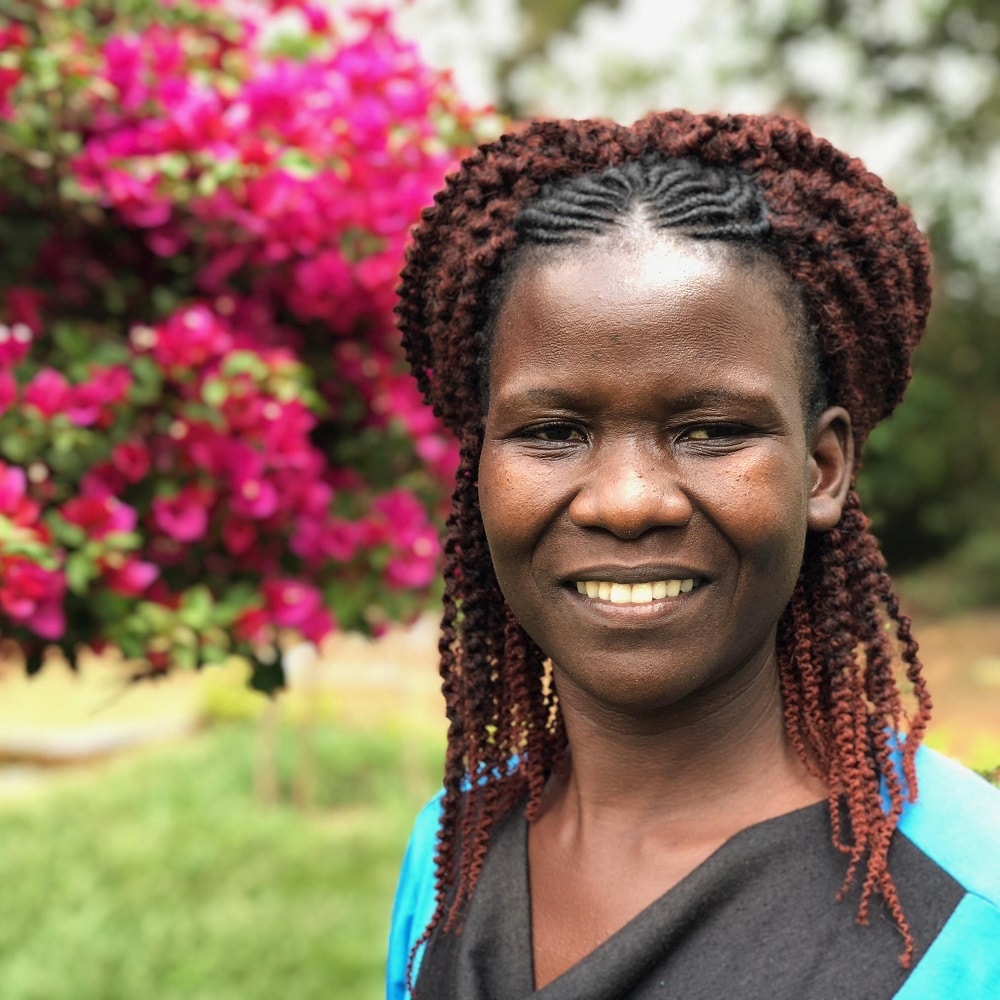
Meet the local leader
Jenipher Nyanga
“With funding, we can develop permaculture systems for assisting the most vulnerable people in our community — people with disabilities, orphans, street children and widows. They need food, clothing, shelter and education.”
Jenipher is a trained permaculture teacher, talented seamstress and passionate community activist in support of girls.
“Permaculture conserves and restores our environment, reduces poverty, creates employment opportunities and reduces lifestyle diseases,” she says.
How you can help
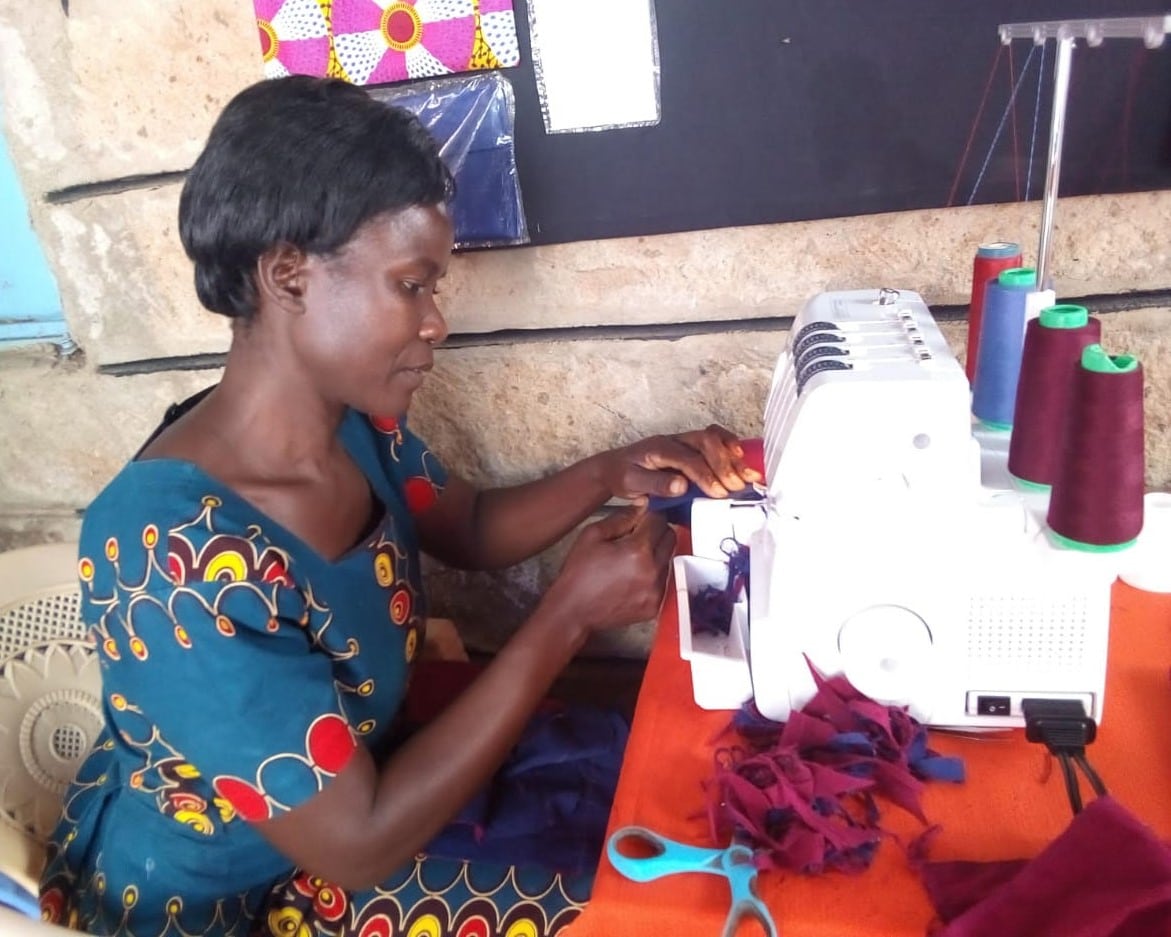
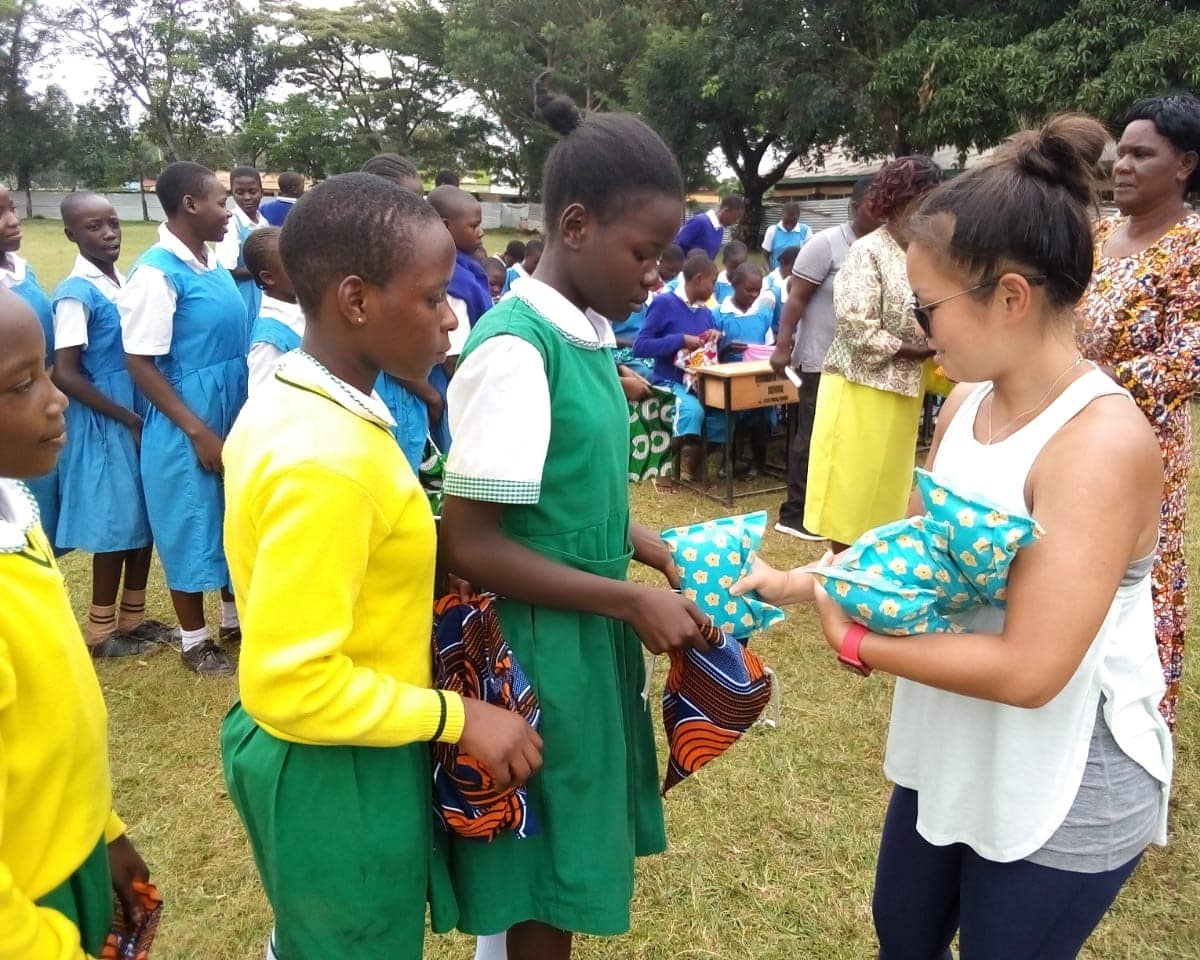
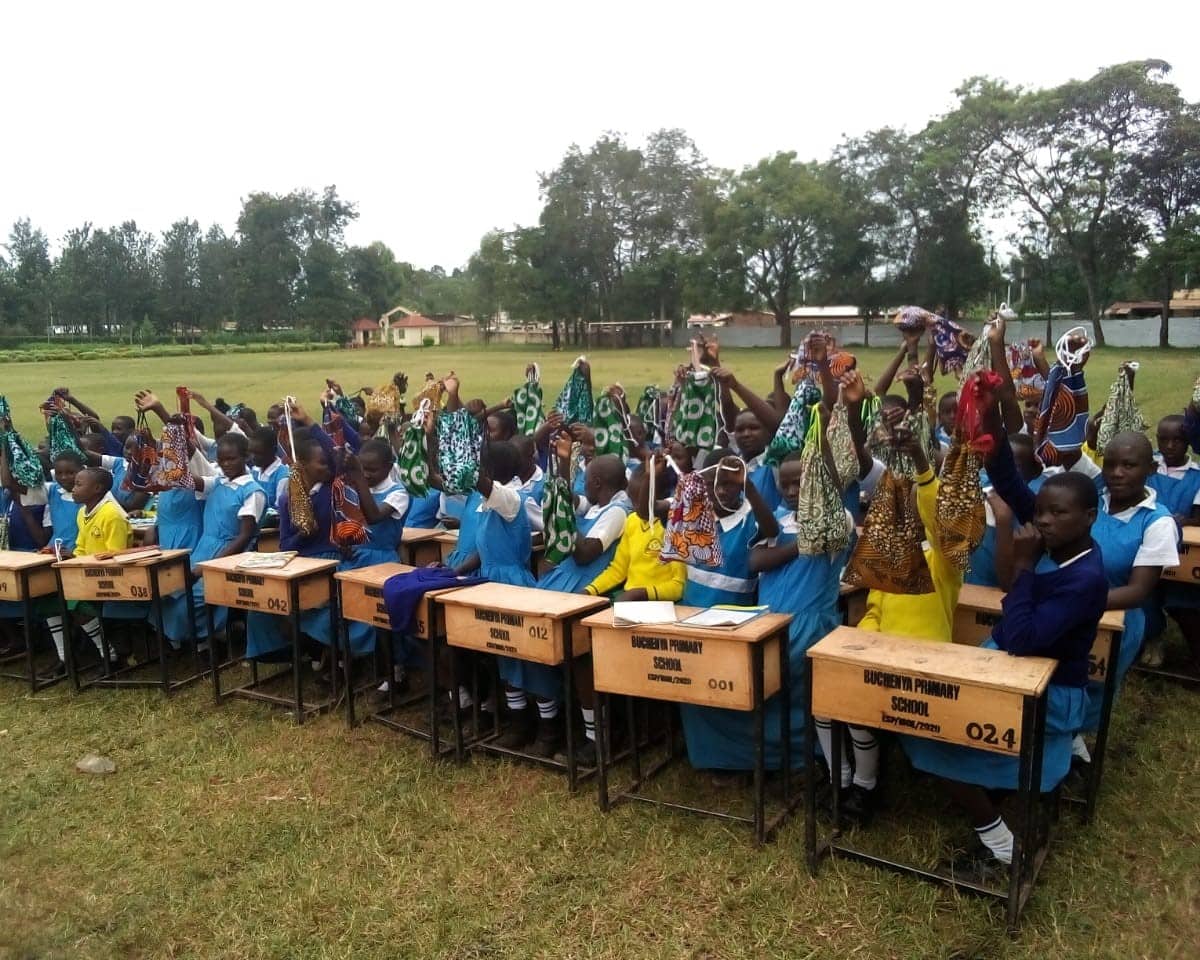
PROJECT 1
Handmade & washable sanitary pads for girls
Jenipher and her team of six seamstresses and six volunteers make washable sanitary pad kits, so girls can get to school, stay safe, feel more hygienic and save money. These reusable kits replace rags. SHWARI delivers the kits to schools along with an education session.
Project outcomes so far
In 2019, Ethos Foundation helped Jenipher register with Days for Girls — a global initiative to address period poverty. Since then, SHWARI has given out 2,500 sanitary kits and educated 4,000 girls.
What’s needed right now
SHWARI now hopes to give 2,000 sanitary kits to girls each year, with each kit costing just $15. Ethos is also supporting Jenipher to teach visitors from refugee camps, so they can take the skills back to their communities and help set up a pad-making workshops within Permayouth hubs.
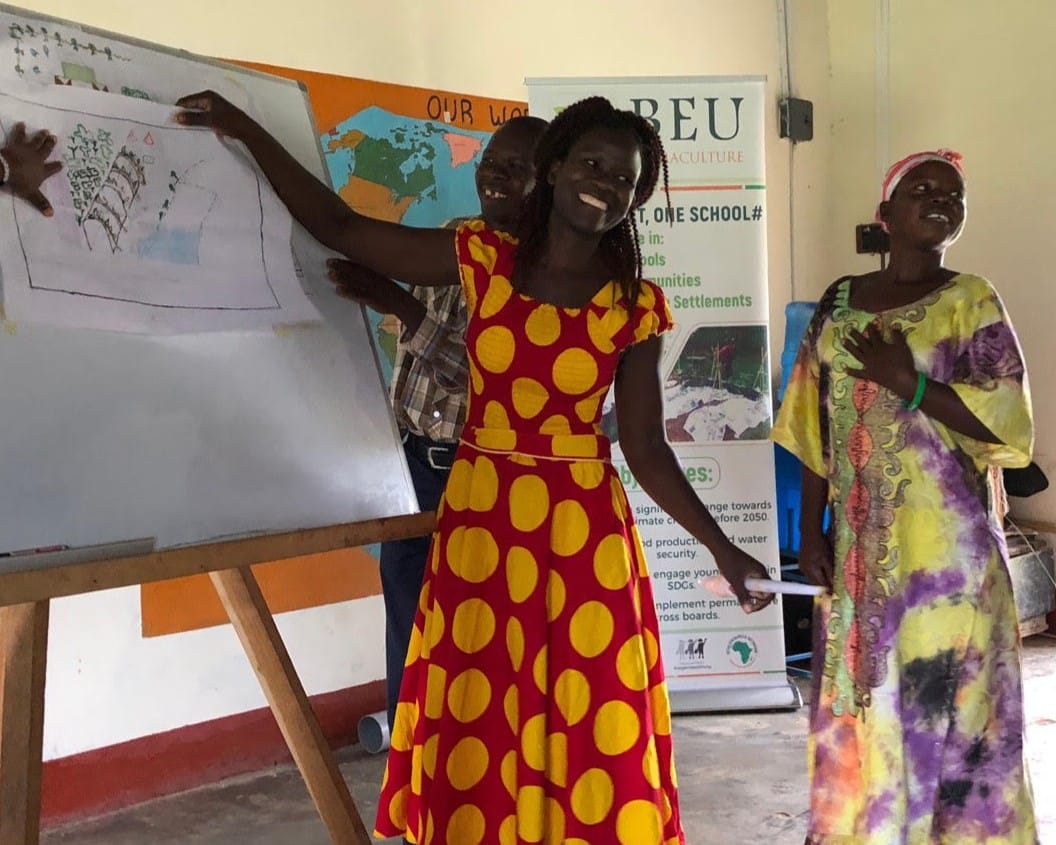
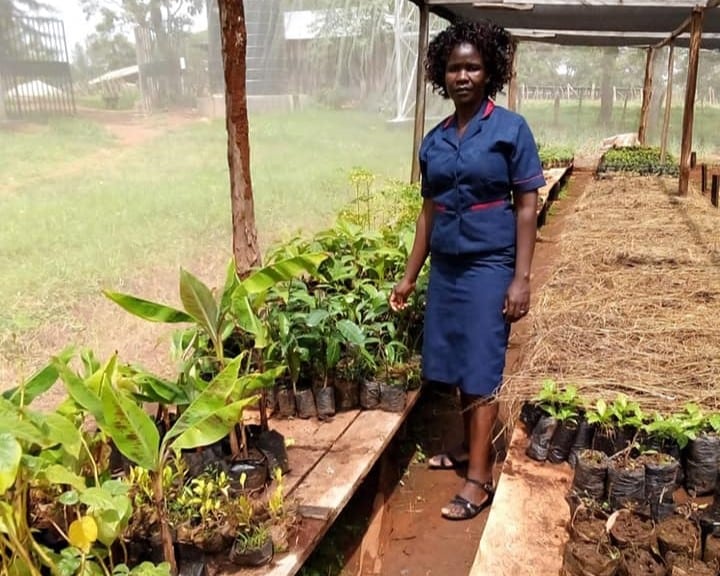
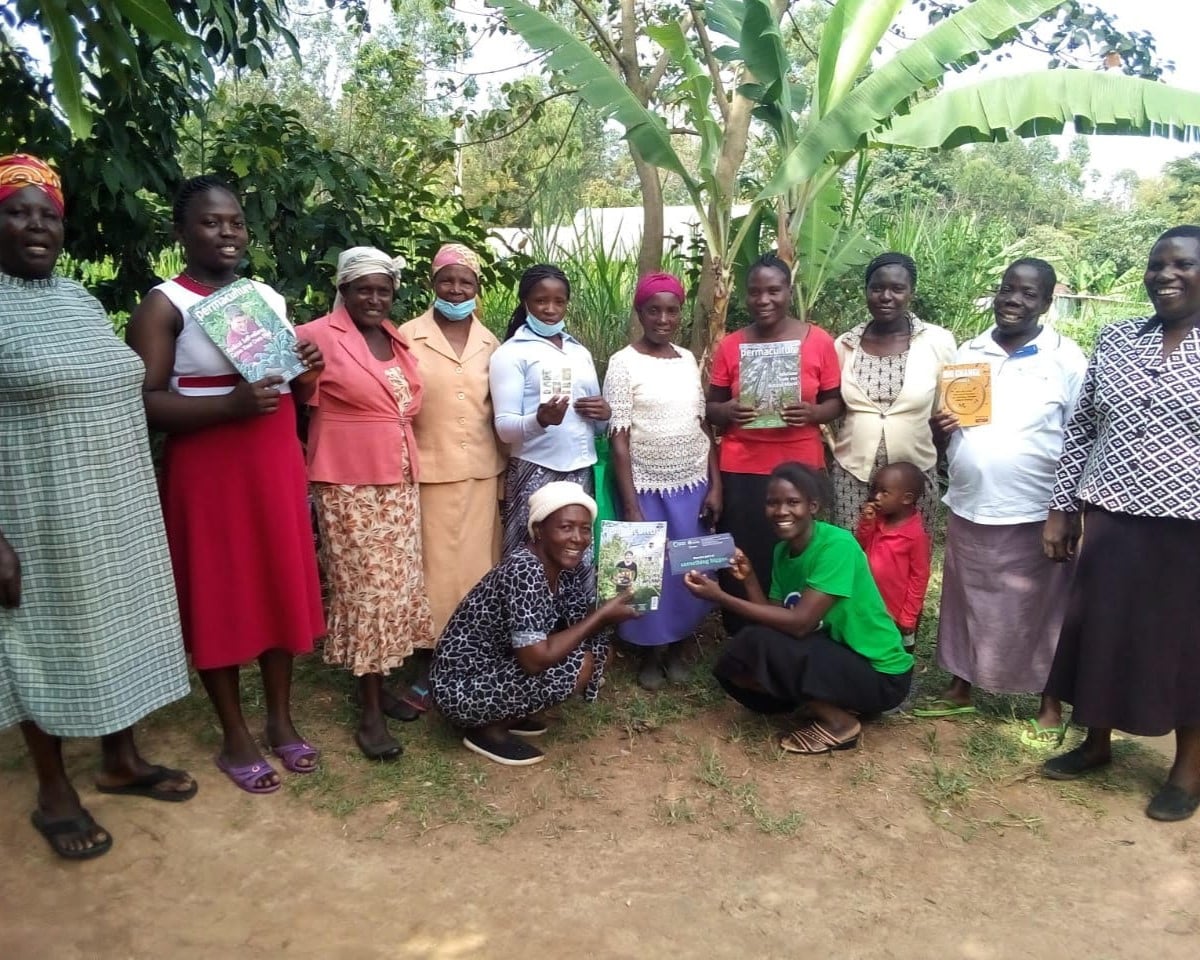
PROJECT 2
Permaculture education for nutritious school food gardens
Jenipher and her team train local farmers, women’s groups, widows, youth and school children about permaculture ways of growing nutritious food organically, reducing costs and creating healthier environments, while generating surplus food to share and trade.
Project outcomes so far
Jenipher has led permaculture training and garden development at two schools within her region so far. Many more schools have expressed interest in training if funding is available.
What’s needed right now
With $20,000 in funding, Jenipher can extend her permaculture education and garden program to four large schools in her community. This costs about $10 per child.
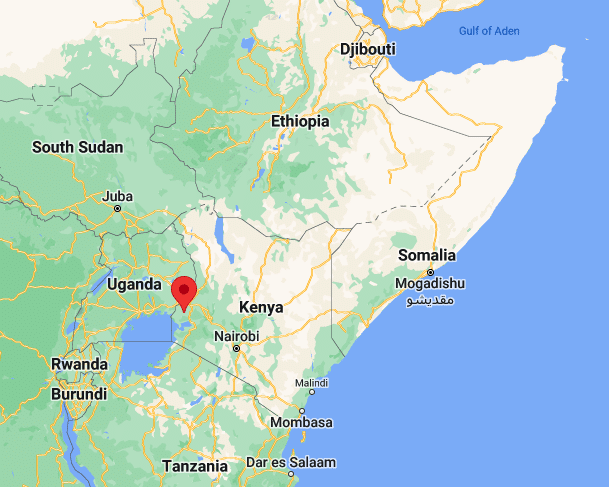
Working to make a difference in Mumias, Kenya
The city of Mumias is located on the western Kenyan border and has a population of about 120,000 people.
“My community has many challenges. Most of the communities are poor and the poverty index is very high. We live to depend on agriculture, and most lands are bare,” Jenipher says.
“We want to plant more indigenous trees, fruit trees, medicinal trees, agroforestry trees. We want to improve soils by not using chemicals and create a healthy resource for our people.”
